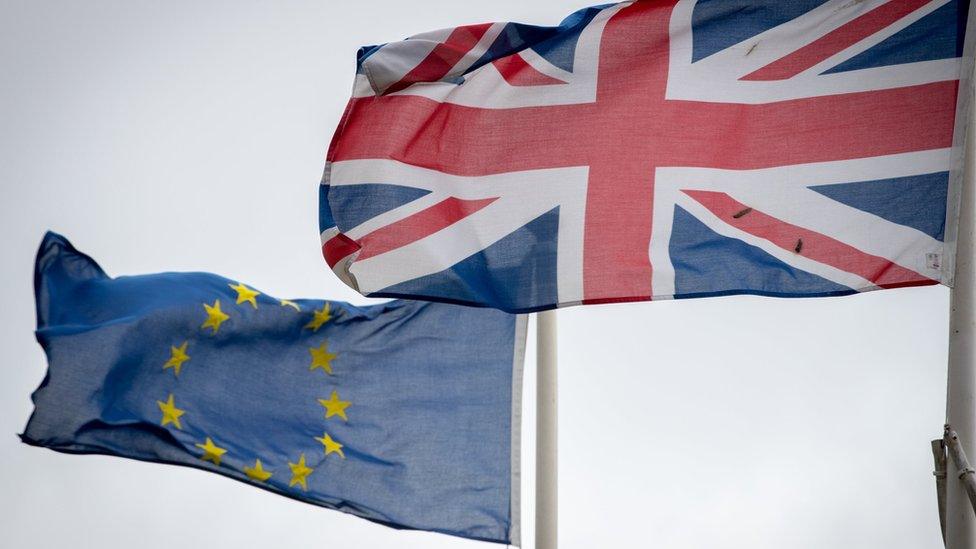EU referendum: Brexit 'a grave threat' to UK cities
- Published
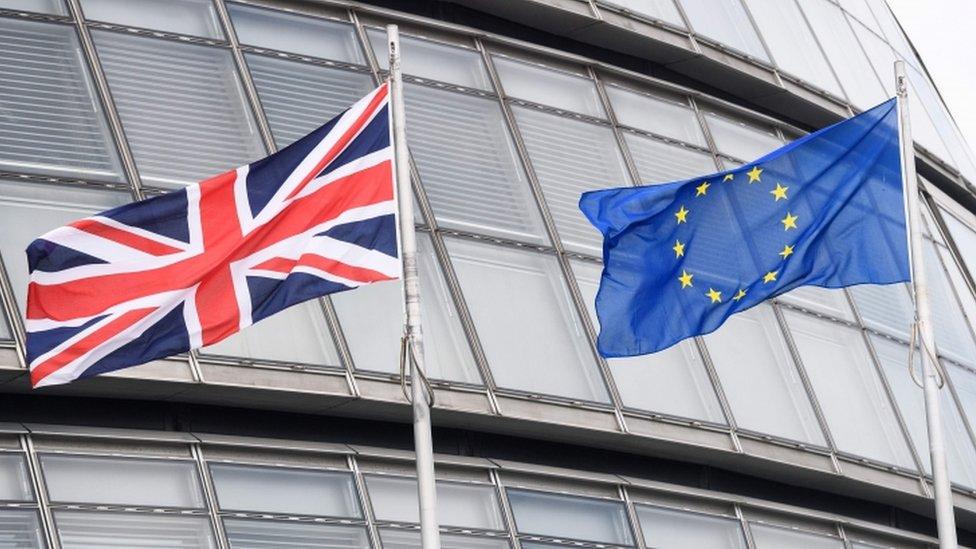
Leaving the EU would be "a grave threat" to local economies, according to the Labour leaders of 10 of the UK's biggest cities outside London.
A letter signed by leaders from cities including Birmingham, Cardiff and Glasgow said a vote to leave would put cities in "serious economic danger".
Shadow chancellor John McDonnell and ex-PM Gordon Brown will talk about how EU funds have helped UK cities later.
But Vote Leave said the cities had prospered "in spite of" EU membership.
'Vote for prosperity'
"Leaving would be a grave threat to our local economies, risking people's jobs and livelihoods," the letter from the Core Cities group of councils said.
"If we vote for Brexit, it will be those at the sharp end - working people, not the leaders of the leave campaign, who will pay the price.
"A vote for Remain is a vote for prosperity and progress for Britain's cities.
"A vote to leave is a vote for serious economic danger. It is simply not worth the risk."
The 10 signatories are from Birmingham, Bristol, Cardiff, Glasgow, Liverpool, Leeds, Manchester, Newcastle, Nottingham and Sheffield.
In other referendum news:
Conservative former chancellors Lord Lamont and Lord Lawson and ex-Tory leaders Iain Duncan Smith and Lord Howard accused the Bank of England and the Treasury of "peddling phoney forecasts" to try to secure a Remain vote
Leave campaigners Boris Johnson, Michael Gove and Gisela Stuart have challenged the government to confirm it will veto Turkish membership of the EU and block the extension of visa-free travel to Turkey
Former Attorney General Dominic Grieve told Newsnight that Vote Leave's blueprint for exiting the EU would lead to a "chaotic departure"
Home Secretary Theresa May said the government "should look at further reform" of free movement of people, if the UK voted Remain
Michael Gove said leaving the EU was necessary for people to support Britain's "multi-racial, multi ethnic society"
Past and present bosses of consumer goods giant Unilever have said the firm would be "negatively impacted" by Brexit
The Core Cities letter continued: "Across our ten cities and their surrounding regions, EU membership has created 63,000 jobs and protected another 16,800.
"It has provided £1.8bn of investment to help grow our urban economies, including vital infrastructure from tram lines to trunk roads.
"Together, our urban areas already deliver more than half the UK economy, and it is obvious to us that the economic fortunes of our great cities and the millions of people who live in them are closely linked to the future of the continent and its cities."
'EU money is necessary'
Later, Mr Brown and Mr McDonnell will share a stage in Manchester and argue that billions more in EU funding could become available to improve infrastructure in industrial and former industrial areas if Britain stays in.
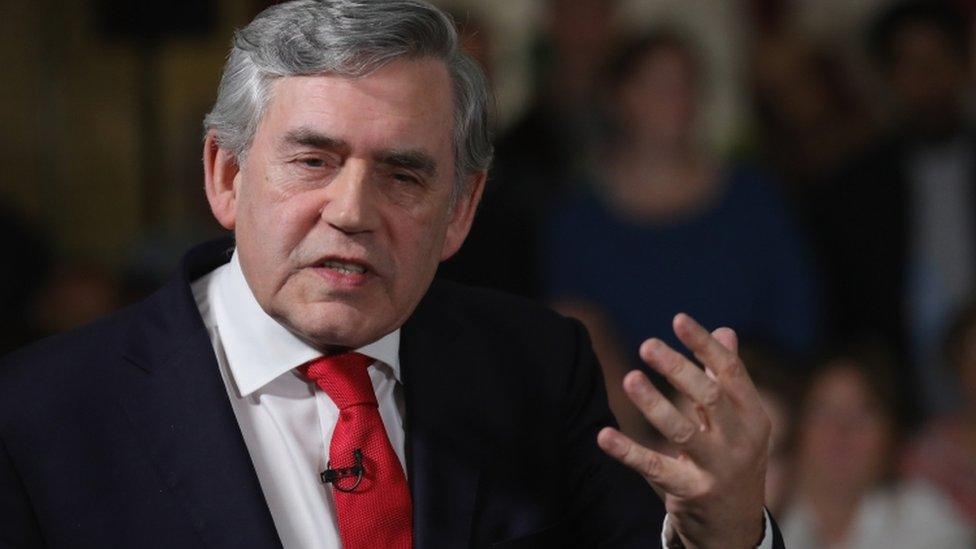
Ex-PM Gordon Brown, with shadow chancellor John McDonnell, will talk about how EU funds have helped UK cities
Mr Brown will say: "In the 1980s the Tories turned our industrial heartlands into industrial wastelands.
"Their ideology was that there was no such thing as society and everyone was on their own.
"What stood between our communities and further devastation was the European structural funds, regional funds and social funds that Tory Brexiteers would now cut.
"European money is necessary for renovation, renewal and regeneration - and right across the North, Scotland and Wales it is still vitally needed now."
Vote Leave said a UK government could continue to guarantee the cities the funds that currently came from Brussels.
Chief executive Matthew Elliott said: "These are desperate times for the In campaign - recycling a declaration of support that was first made in February and then repeated again in April.
"The truth is that the UK's cities have prospered in spite of our EU membership, not because of it.
"Every week we send £350m to the EU, enough to build a fully-staffed NHS hospital.
"Our cities would benefit hugely if we took back control of this money and spent it on our priorities - such as public services and infrastructure - instead."
- Published15 June 2016
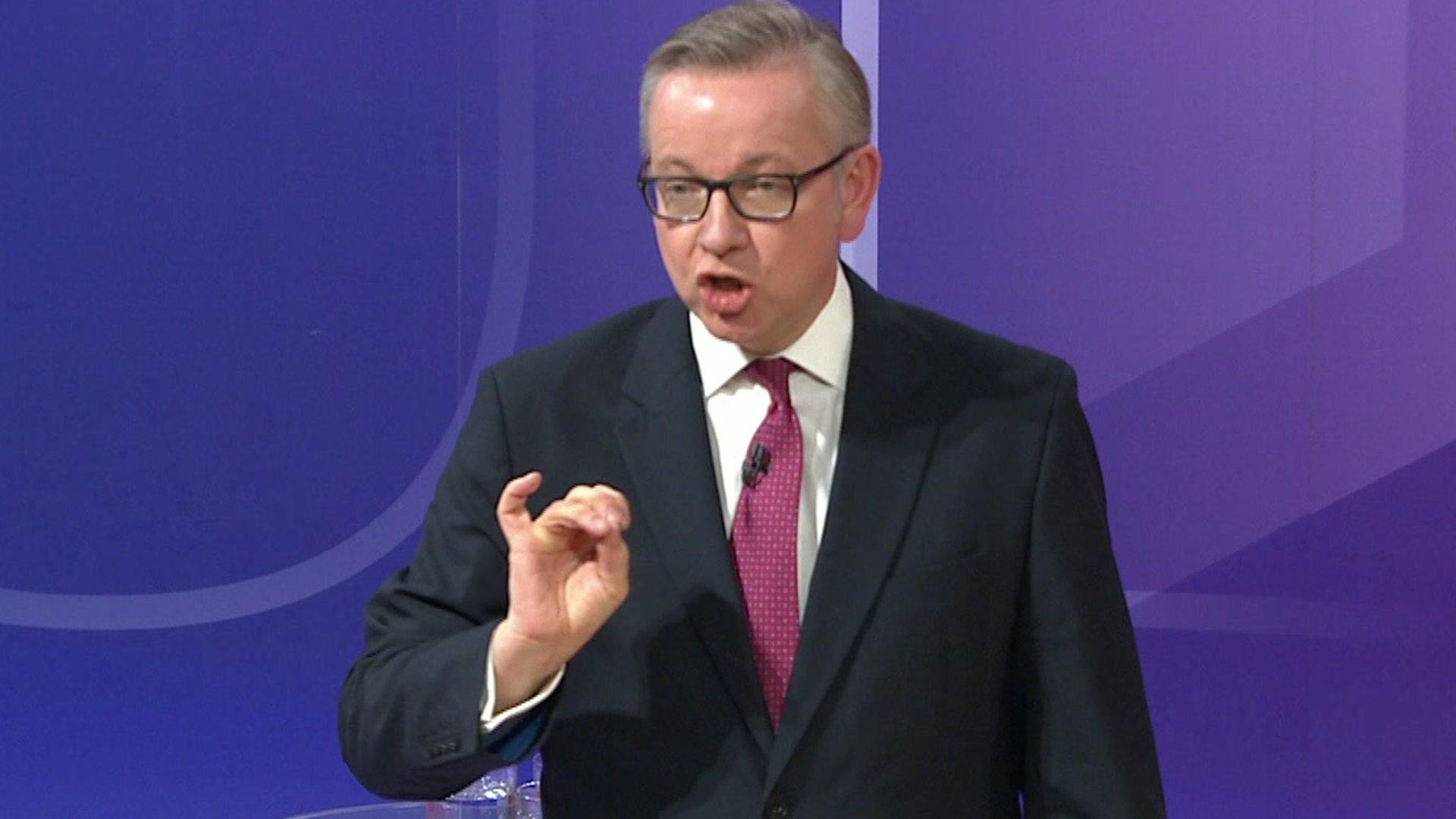
- Published15 June 2016
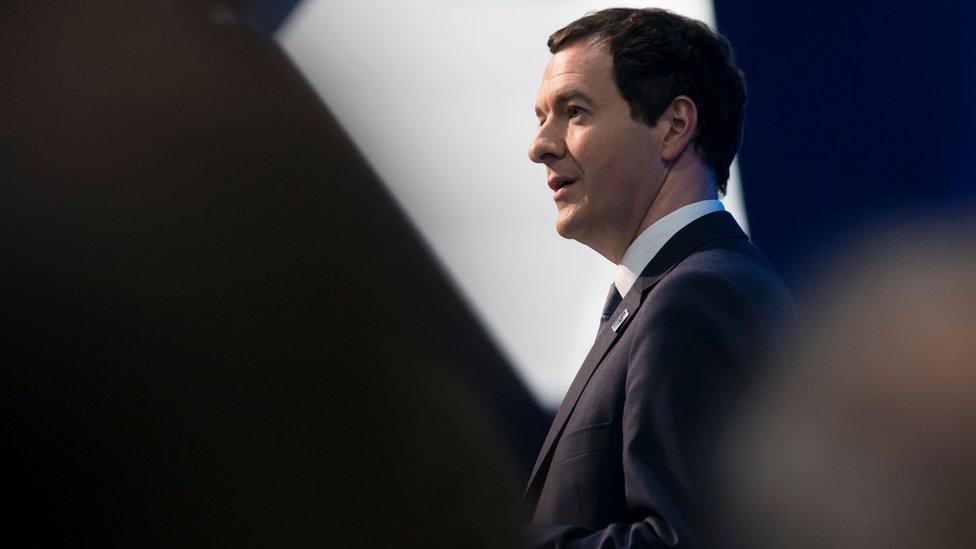
- Published15 June 2016
